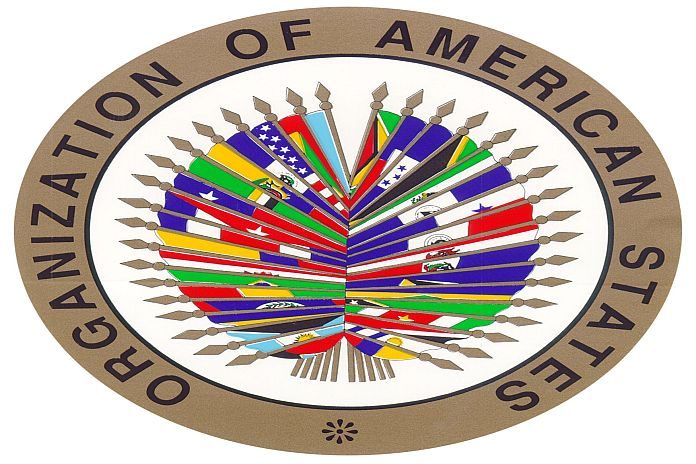WASHINGTON, USA — The recent currents of destabilization of the political systems of the hemisphere have their origins in the strategy of the Bolivarian and Cuban dictatorships, which seek to reposition themselves once again, not through a process of re-institutionalization and re-democratization, but through their old methodology of exporting polarization and bad practices, to essentially finance, support and promote political and social conflict.
The “Bolivarian breezes” to which the president of the illegitimate Bolivarian constituent national assembly has referred, have brought destabilization, violence, drug trafficking, death and corruption. The Venezuelan people themselves have paid the highest cost, but the other countries of the hemisphere are also now paying a high price for the crisis caused by the Venezuelan dictatorship.
“Bolivarian breezes” are not welcome in this hemisphere. We strongly condemn the threat of exporting bad practices and destabilization to Colombia made by that person in the Bolivarian dictatorship.
The strategy of destabilization of democracy through the financing of political and social movements has distorted political dynamics in the Americas. For years, the Venezuelan dictatorship, with the support of the Cuban dictatorship, institutionalized sophisticated co-optation, repression, destabilization and media propaganda structures in the region. For example, the financing of the Venezuelan dictatorship to political campaigns has been one of the effective ways to increase capacities to generate conflict.
The crisis in Ecuador is an expression of the distortions that the Venezuelan and Cuban dictatorships have installed in the political systems of the hemisphere. However, what recent events have also shown is that the intentional and systematic strategy of the two dictatorships to destabilize democracies is no longer as effective as in the past.
The Organization of American States (OAS) general secretariat reaffirms its obligation to protect democratic principles and human rights, and to defend them where they are threatened. It also remains available to member states in their efforts to address the destabilization factors organized by the Venezuelan and Cuban dictatorship.





